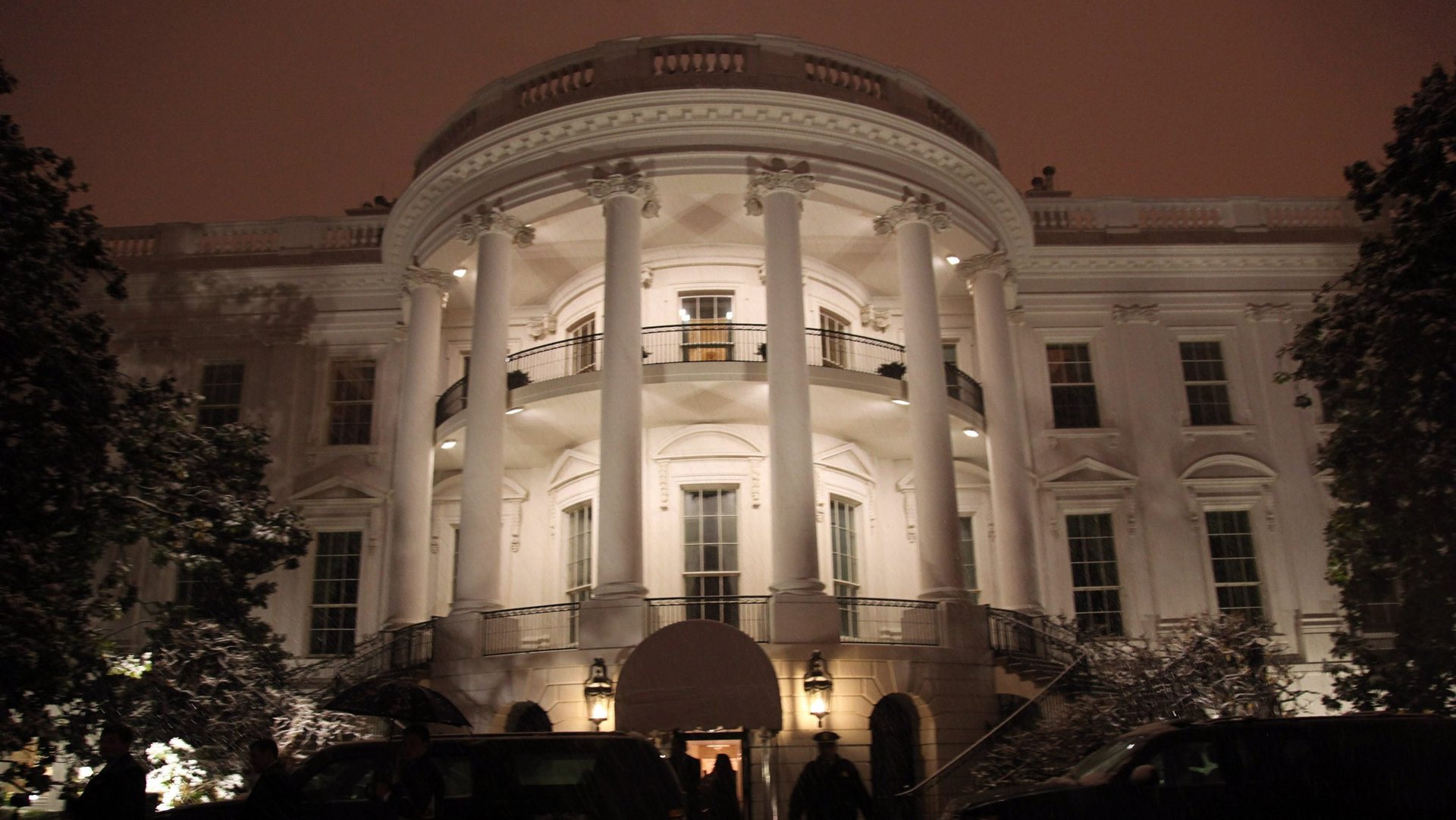The White House’s plan for AI is to not have a plan for AI
Trump technology adviser Michael Kratsios told US tech and business giants not to fear AI regulation in a private meeting today (May 10) but offered little in terms of a formal government-led framework—a sign the US will buck the global trend of massive public re-investment into artificial intelligence.


Trump technology adviser Michael Kratsios told US tech and business giants not to fear AI regulation in a private meeting today (May 10) but offered little in terms of a formal government-led framework—a sign the US will buck the global trend of massive public re-investment into artificial intelligence.
The administration’s primary objective is not to dictate what kind of AI systems to build or plan how AI development should proceed, according to prepared remarks made by Kratsios. Instead, he said, it is opting to step out of the way of private companies. ”We didn’t cut the lines before Alexander Graham Bell made the first telephone call,” Kratsios said. “We didn’t regulate flight before the Wright Brothers took off at Kitty Hawk.”
For an audience that included representatives of Google, Facebook, Amazon, Goldman Sachs, and Boeing, Kratsios said the administration has proposed renewed government funding for STEM and computer science education. The administration will also convene a Select Committee on Artificial Intelligence, set to coordinate research and development in AI among senior officials, though no new funding or appointments to the committee were announced. Machine learning research taking place within the agencies like the National Institute of Health will continue.
This US approach to the technology is vastly different than those of many other countries, which have typically prioritized millions in new funding—though except for China no other nation has a technology sector similar in size.
Kratsios also mentioned making more data on American citizens available for use in AI in a secure and private way, similar to France’s approach to speed up AI research in healthcare, which requires vast amounts of medical data. However, the plan puts the administration’s data-privacy policy at odds with many US lawmakers, who have expressed concern at the broad reach of harvesting as exposed by the Facebook-Cambridge Analytica scandal.
Regarding AI’s impact on jobs, Kratsios said the administration doesn’t trust the market to preserve employment in the face of automation. “To a certain degree job displacement is inevitable,” he told the tech companies. “But we can’t sit idle, hoping eventually the market will sort it out. We must do what Americans have always done: adapt.”
On this front, Kratsios said his department will publish a five-year plan for STEM education in 2018.